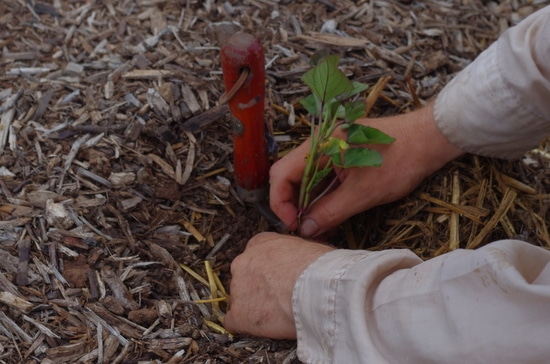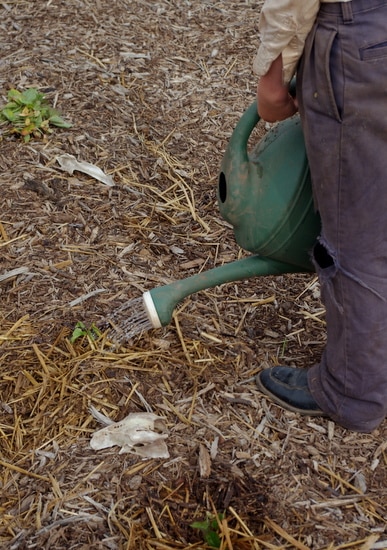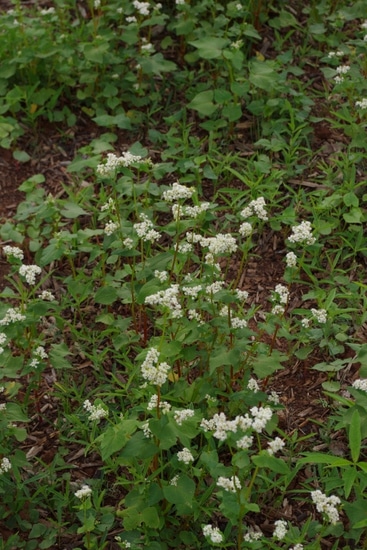Avoiding GMOs

I’m not here to tell anyone they have to avoid GMOs. But judging by the outpouring of action against all things GMO recently, many of us are waking up to the fact that this experiment with our food is going on and it’s probably not going to end well.
If you’re concerned about them, as we are, then it’s helpful to know just where they are. Ignorance is not always bliss, as they say. And while it’s easy to get up in arms about the situation in general, I find that it is helpful to avoid the victim mentality.
By that I mean we need to recognize that we hold all of the power. I know that sounds crazy when you’re dealing with billion dollar multi-national corporations, but we choose how we live our lives, how we spend our dollars, and how we eat.

If you don’t buy it, they can’t sell it. If we grow only heirlooms, they’re losing seed money. If we refuse to buy the huge percentage of products on grocery store shelves that contain GMOs, then we send a loud and clear “We’re not buying it!” message.
But first, we need to know where GMOs are and how to avoid them.
I’d like to tell you that it’s as simple as not buying processed foods, but it’s not. However, not buying processed foods is a great start.
There is a huge, long list of GMO foods and food crops, like…
- Corn
- Soy
- Cotton
- Sugar Beets
- Some Potatoes & Rice
- Squash & Tomatoes
- Canola
- Conventional Meats & Dairy (through the consumption of GMO corn & soy)
It is a frightening reality, but so many things are genetically modified or contain genetically modified ingredients that it is actually easier to talk about what doesn’t have GMOs and how to find them.

1. Buy Organic
Under organic certification, a food or food product can not contain genetically modified organisms. If it is certified organic on your grocery store shelf, then technically it should be free of GMOs.
There is now an app called Buycott that allows you to join a campaign to avoid GMOs or seed companies that produce GMOs. You can scan items at the grocery store to see if they produce GMOs are have given money to fight the labeling of GMOs.
You can also go to the Non GMO Project to find out which foods are safe and which companies to support.
2. Support Farmers Who Avoid GMOs
If you buy local then you have an opportunity to talk with the farmer who chooses the seed companies they purchase from. Find out what they’re growing and how they’re growing it.
3. Get Involved in Food Production
GMOs, and the concern surrounding them, is just one aspect of why it is important not to stray so far from the land as our society has. When we lose connection with the soil, and the food that comes from it, we lose the ability to do the one thing we always have a right to do – say no.
When you start growing and raising food, even on the smallest of scales, you choose exactly what goes into it. From heirloom seeds to organically grown compost to sustainably raised animals, you know every element that went into that food.
The truth is, we all have a choice, none of us are victims. We simply need to wield the power we already have.
